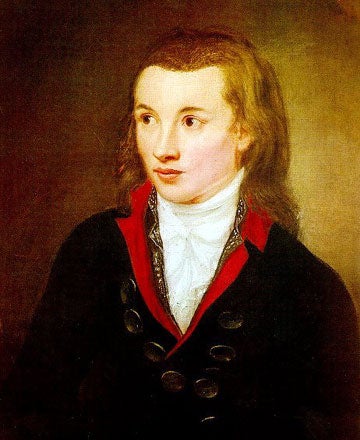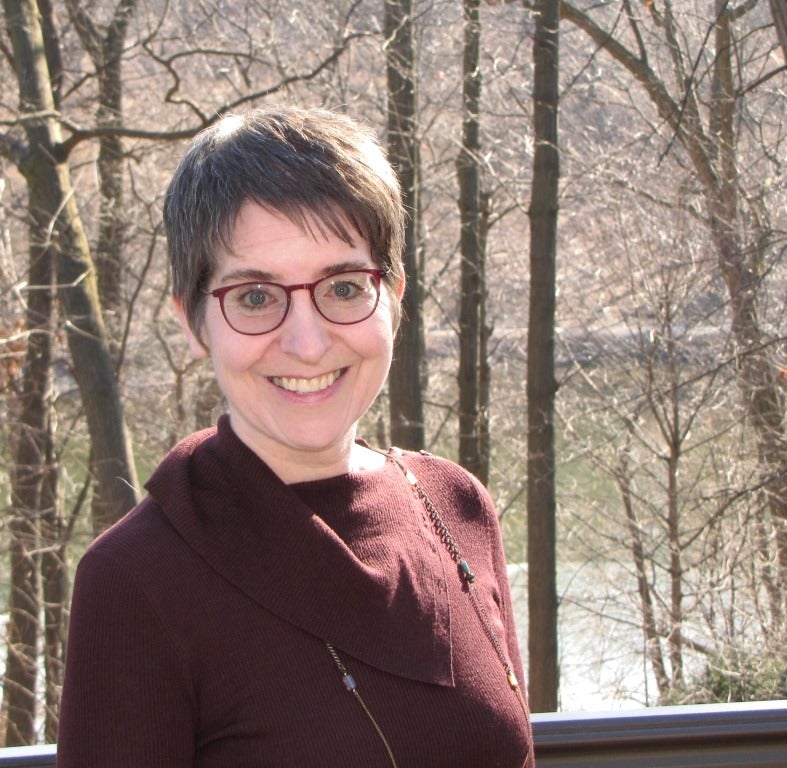
What is the status of the text’s incompletion? Is it simply contingent on Novalis’ untimely demise, or does it have a more profound significance, given its composition alongside his collections of fragments?
The text offers not only multi-perspectival views of nature, but also different means of approaching and understanding nature. The different conversations between novices, between the novices and their teacher, between visitors, provide no assured orientation for inquiry, and instead offer a series of alternatives — from philosophical speculation to simple empiricism, from craft traditions to scientific investigation. Is Novalis suggesting any one provides insight into nature?
The text also introduces a mixture of literary forms encompassing dialogues, monologues and fairy tale, and shifting narrative voices between first and third person; indeed, the work is composed of a series of disjunctions and interruptions. The text opens with reflections on nature as comprised not of things but of figures. Is nature mediated through language, with poetry then the true friend of nature? The central figure of the text is the veiled statue of Isis. What is the goddess meant to represent? What is the significance of her veiled presence and her unveiling? Novalis’ The Novices at Sais offers a rich series of questions to explore.
Join us for this afternoon workshop on Novalis' unfinished work. Details and schedule to follow shortly. Registration is required, though, so please email Alice Kuzniar by Friday, November 17th, if you plan to attend.
About the Workshop Leader

Download a Copy
You can download an electronic copy of Die Lehrlinge zu Sais or The Novices at Sais to read before the workshop.